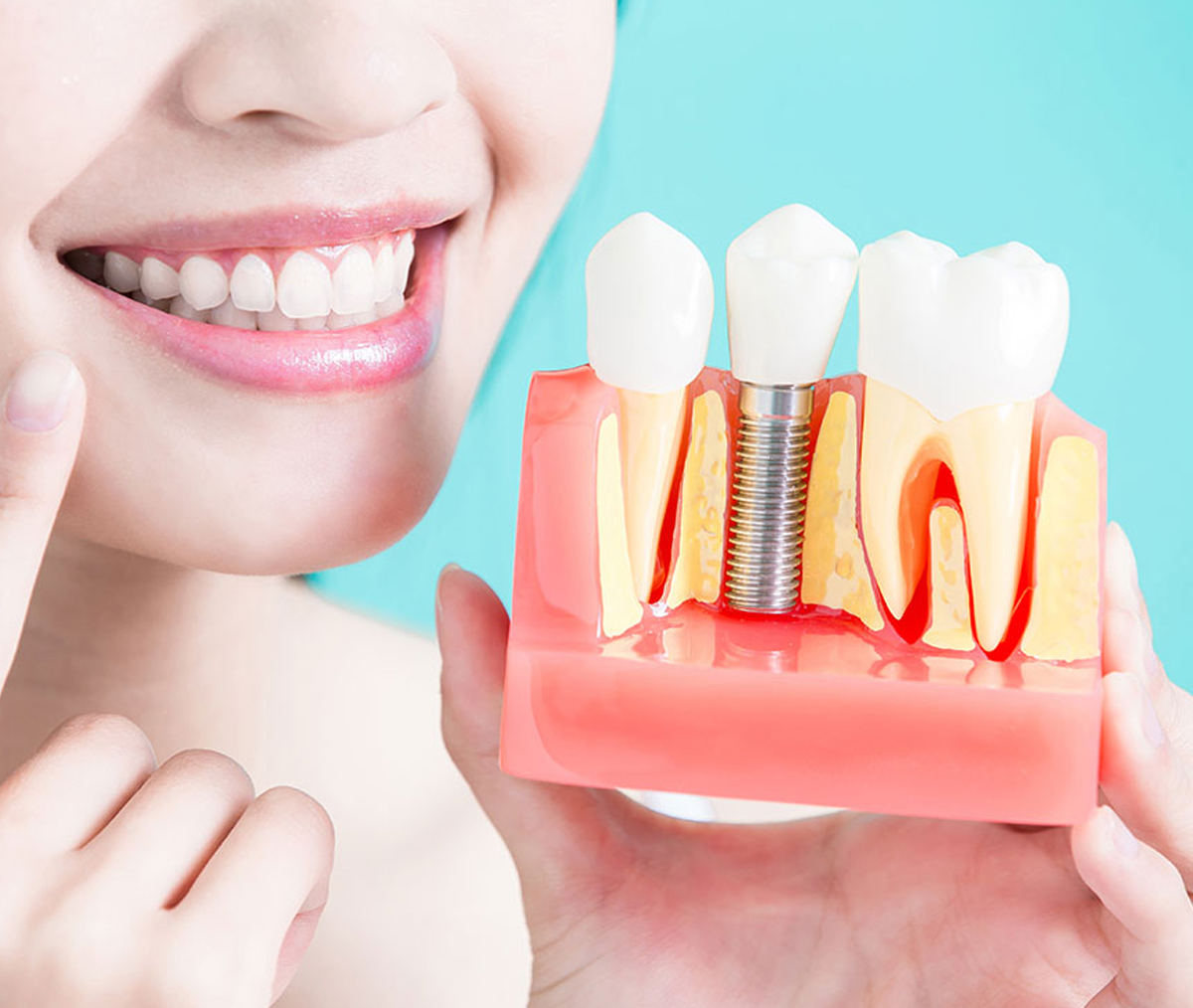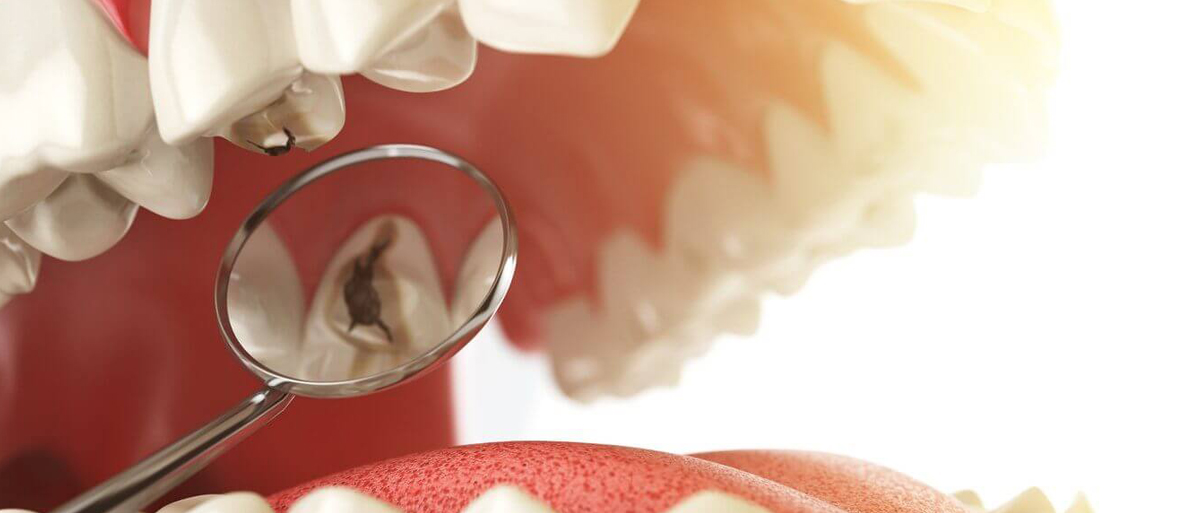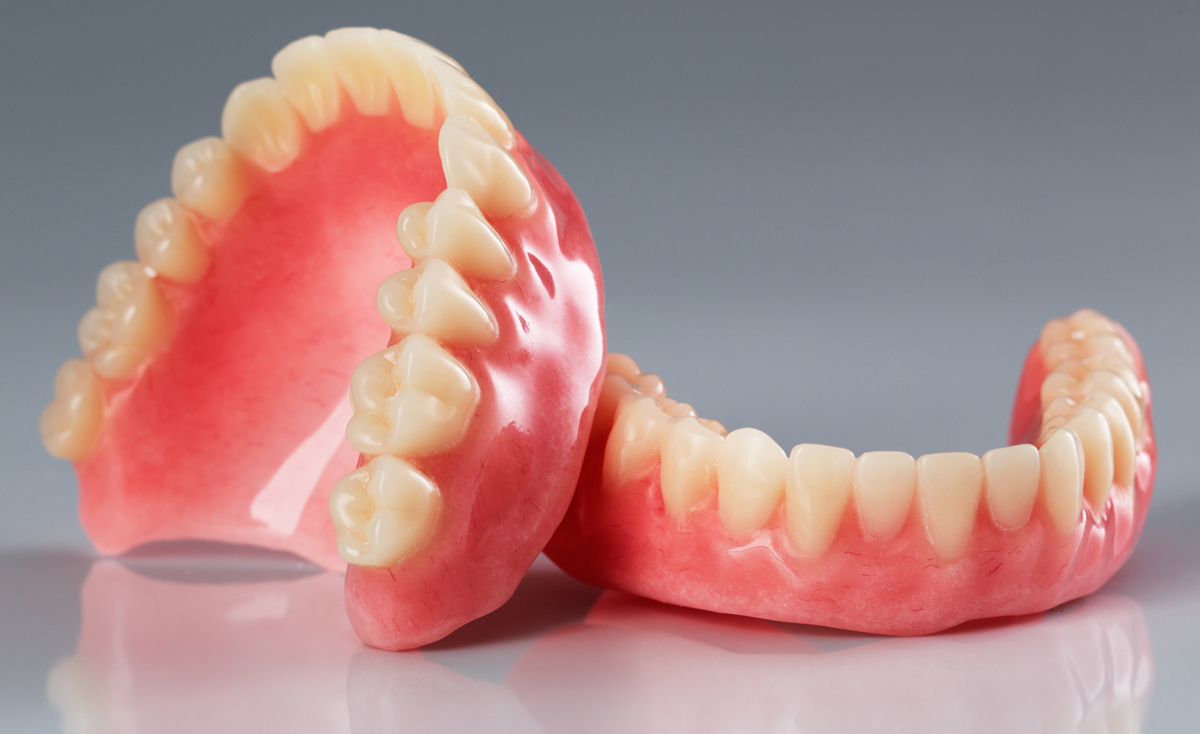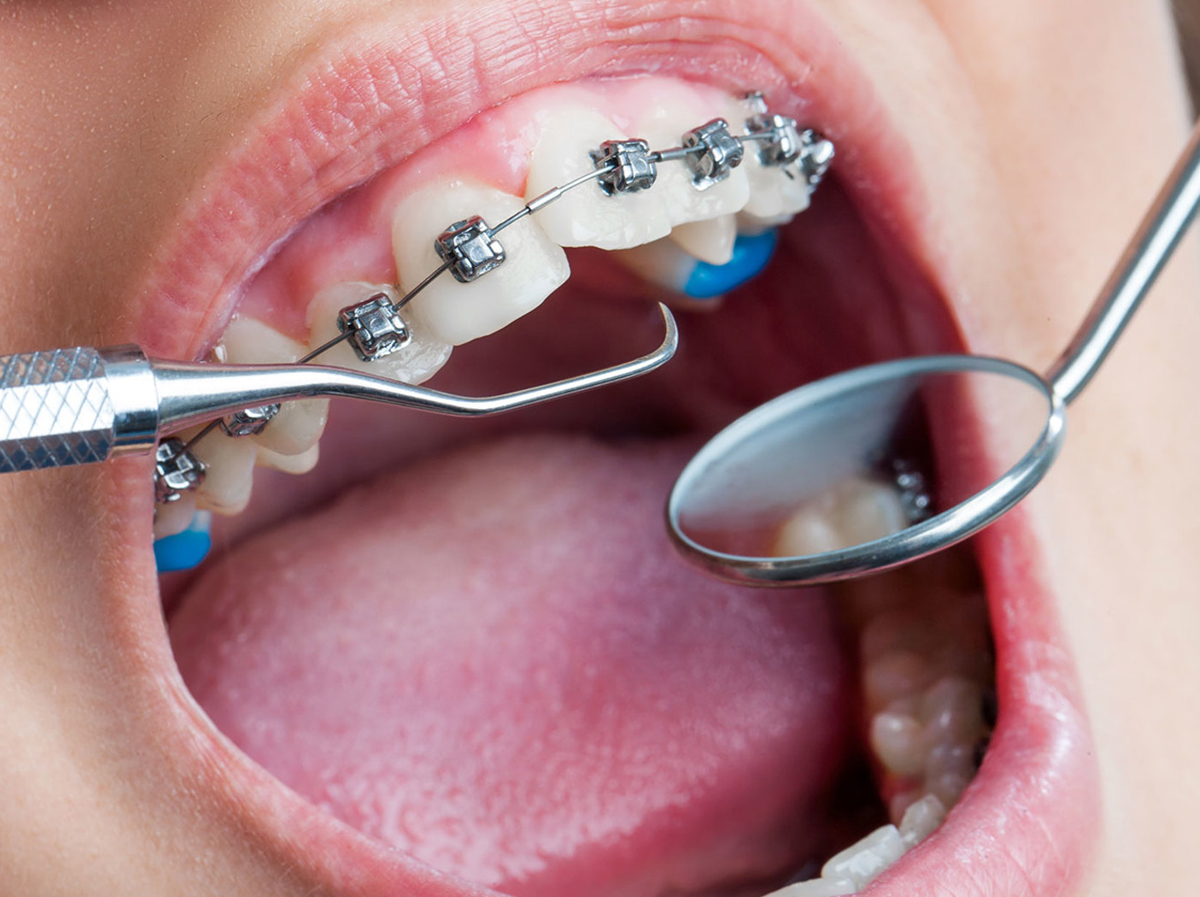Dental Surgery in Iran
By occupying the 12th rank in world dental science, Iranian dentists prove that they are professional. All dental services, including a simple dental restoration or the most complicated implant surgeries can be performed by the best dentists with international standards and in the best price, in Iran.
Dental Implant
Dental implants are artificial replacements for teeth’s roots. Just like the way roots support natural teeth, dental implants are directly fit into the jawbone to hold crowns or dentures (or false teeth) in place.
Different materials are used for making dental implants, like titanium. For fixing implants in place, your dental cosmetic surgeon uses an internal screw, called abutment.
They can carry out a variety of functions including the following:
• Protecting weak tooth from breaking,
• Restoring already broken tooth,
• covering misshapen or discolored teeth,
• covering a dental implant and holding a dental bridge in place


Dental Bridges
Bridges are one of the best and most common options to cover the space if one or more teeth are missing. A missing tooth can cause an imbalance that would lead to bad bites and Temporomandibular Joint (TMJ) disorders, and also difficulty in speaking.
To improve the tooth shape and appearance, and also to strengthen a damaged tooth, bridges and crowns are the best treatments.
Dental Filling
Among the many benefits of tooth filling are:
• Treating damaged or decayed tooth
• Restoring tooth to its normal function and shape, and
• Preventing further decay.


Dentures
Dentures, also called false teeth, are removable replacement for missing teeth. Two types of dentures including complete and partial dentures are used when all the teeth are missing, and when some natural teeth remain, respectively. Considering your condition, you may need complete or partial dentures.
Dentures provide you with lots of benefits including:
• Improving appearance,
• Helping you speak clearly, and
• Eat comfortably.
Orthodontics
Orthodontics is a branch of dentistry that aims to diagnose, prevent, and correct malpositioned teeth and jaws. Orthodontics also aims to treat malocclusion, a condition in which teeth are not correctly positioned, causing improper bite.
Orthodontics can be performed to achieve the following:
• Closing gaps between teeth,
• Aligning tips of teeth,
• Straightening crooked teeth,
• Improving speech,
• Boosting health of gums and teeth,
• Preventing trauma to teeth, and
• Treat improper bite.
Two types of orthodontics, fixed and removable, are used in different conditions.


Scaling and Root Planning
Healthy gums fit tightly around each tooth. However, some factors, including bad breath, swollen or red gum, bad taste in your mouth, or loose teeth, are advanced signs of gum diseases. In case of gum diseases your dentist may highly recommend scaling and root planning to treat periodontal diseases. It also keeps your teeth and gum healthy.
Tooth Extraction
Sometimes it is necessary to extract a tooth (teeth) because of the following reasons:
• It is not possible for the dentist to fix a tooth by crowns or filling or other dental treatments because of too much damage or decay,
• Infection,
• Preparing for orthodontics (in case your teeth are too big for your mouth),
• In case a tooth cannot break through the gum because of lack of space in the mouth,
• Having extra teeth, and
• In case baby teeth have not fallen out in time.


Jaw Surgery
By maxillofacial surgeries, we mean all surgeries that help you achieve the best position of the upper jaw, lower jaw or both. This surgery can work for those who have got problems with chewing, biting, swallowing, speech, jaw enclosure and any other bothering situations related to the jaw.
